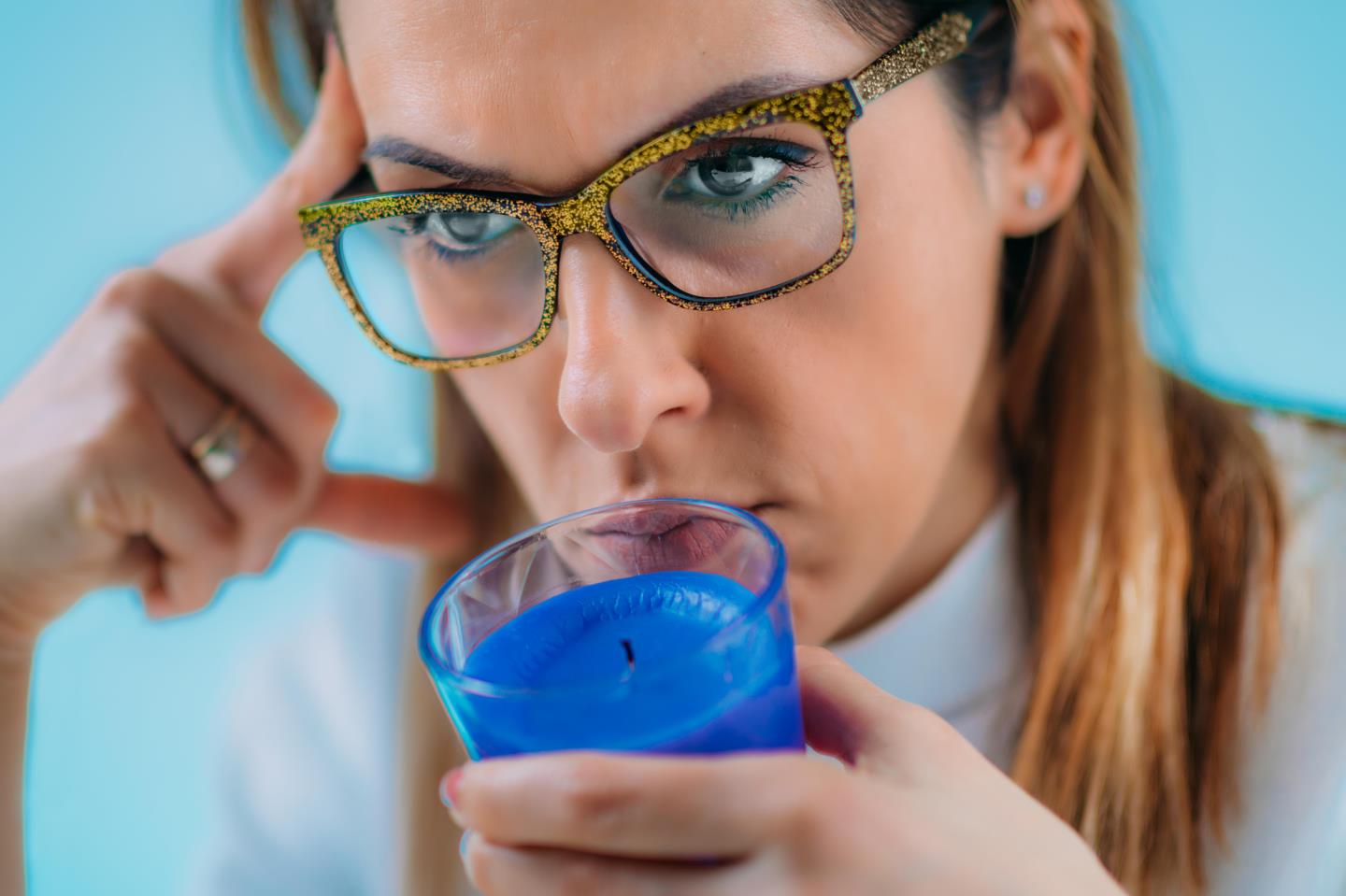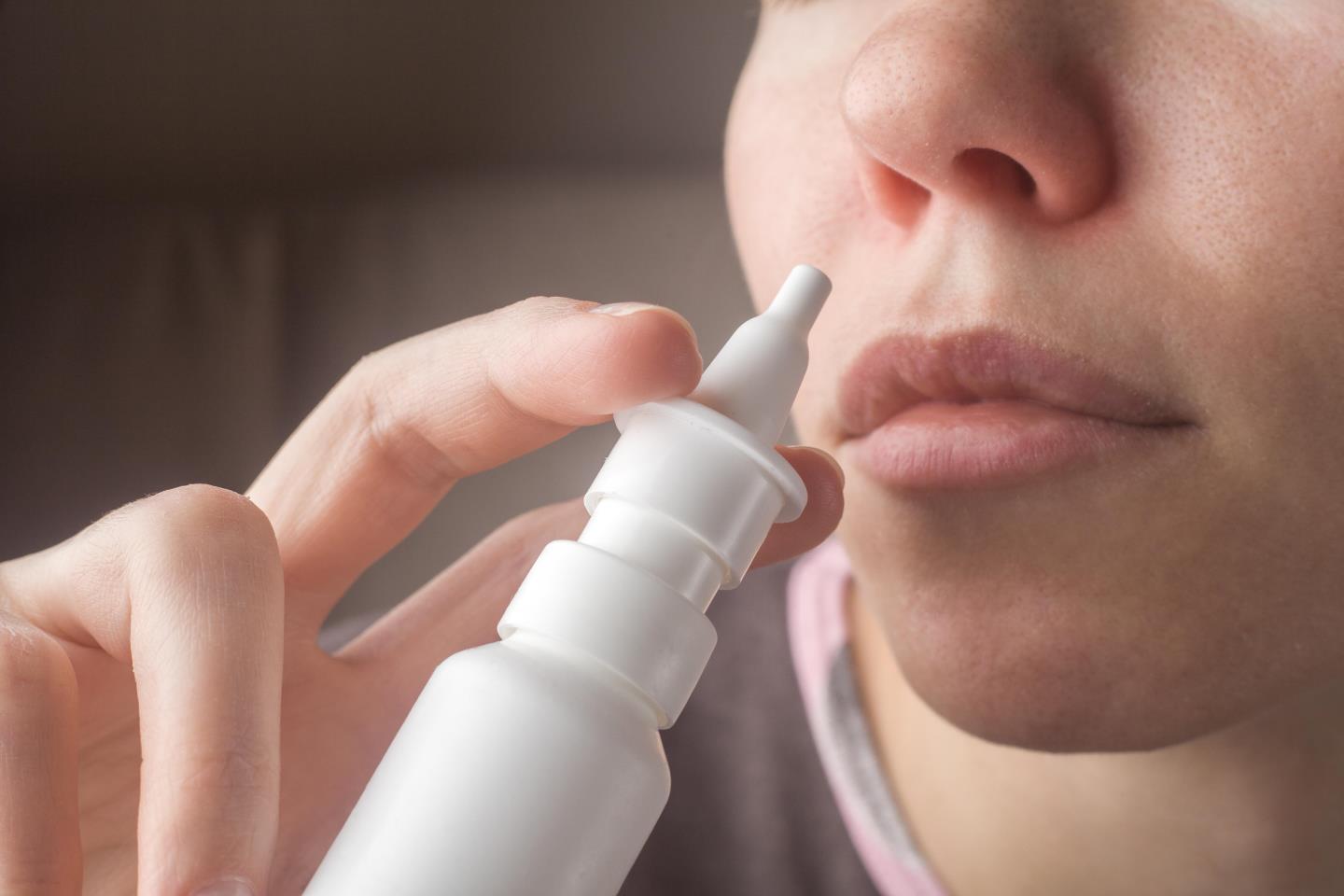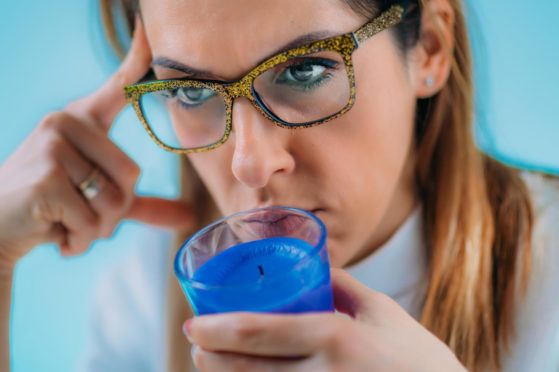A trial of Vitamin A nasal drops could help people regain their sense of smell after having Covid-19.
Smell loss, or anosmia, is a common symptom of Covid-19. While most people naturally regain the sense within a couple of weeks of the infection, many have been left with ongoing issues.
Not being able to smell has been “distressing” for those affected, affecting the enjoyment of eating and also presents risks like not being able to detect gas leaks or spoiled food.
Volunteers taking part in the research will be tasked with smelling distinctive odours – such as roses and rotten eggs – while special MRI brain scans are taken.
Vital help for people impacted by loss of smell
The study will be undertaken at the University of East Anglia (UAE) and James Paget University Hospital in Great Yarmouth after research from Germany showed the potential benefit of Vitamin A.
Teams will explore how this treatment works to help repair tissues in the nose damaged by viruses.
Even before Covid, many illnesses have been causing smell loss and distortion.
Academics hope that the study, been funded by the National Institute for Health Research (NIHR), could one day help improve the lives of millions around the world who suffer from smell loss.
Duncan Boak, founder and chairman of smell loss charity Fifth Sense, said this could be vital to help people feeling the impact of such a disorders.
One in 10 say sense of smell hasn’t returned
Around 10% of people who have had Covid-19 still have a loss of smell four weeks after first falling in.
Could Vitamin-A bring back your sense of smell after #Covid? Our leading smell expert Prof @carlphilpott is launching a new study with @JamesPagetNHS @FifthSenseUK to find out! https://t.co/MTG8pWDGOX #ThinkingWithoutBorders @UeaMed #smellloss #anosmia pic.twitter.com/Ernasz9Rla
— UEA (@uniofeastanglia) September 29, 2021
Professor Carl Philpott, from UEA and the James Paget University Hospitals NHS Trust, said: “We want to find out whether there is an increase in the size and activity of damaged smell pathways in patients’ brains when they are treated with vitamin A nasal drops.
“This would show recovery of the damage caused by common viral infections, including Covid-19, in the nose.”
Looking at brain scans for changes
The research team will work with patients who have lost their sense of smell due to a viral infection.
Volunteers will either receive a 12-week course of nasal vitamin A drops or inactive equivalent drops, and have their brains scanned before and after the treatment.
The readings will be compared to those of a control group who have not been treated with vitamin A.

Prof Philpott said: “We will look for changes in the size of the olfactory bulb – an area above the nose where the smell nerves join together and connect to the brain.
“We will also look at activity in areas of the brain linked to recognising smells.”
